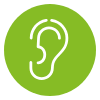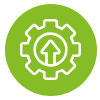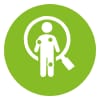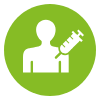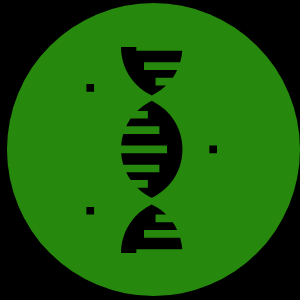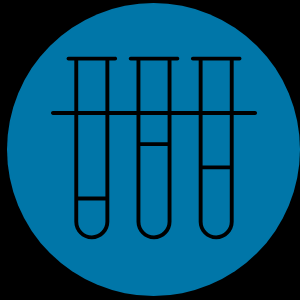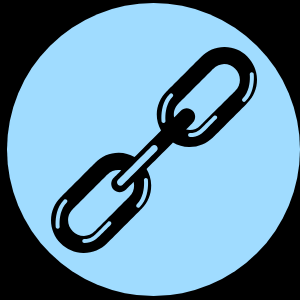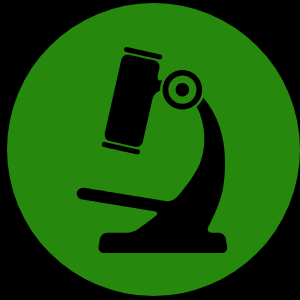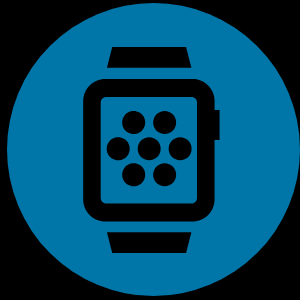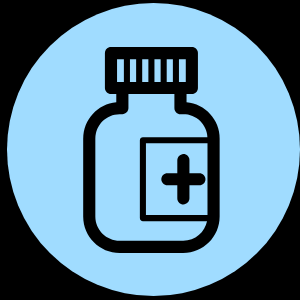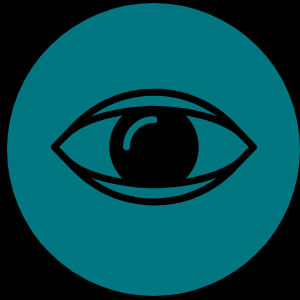The Life Sciences and Health Care AI Dossier
Top uses for AI in life sciences and health care — now and in the future
Applications of AI in Life Sciences and Health Care
To date, most organizations in life sciences and health care (LSHC) have only scratched the surface of AI’s potential — primarily using it to automate repetitive tasks and standard business processes. However, AI is now widely recognized as a strategic business issue in this area and is actively being discussed at the board and C-suite levels.
By combining AI technology with the fields of medicine and science, organizations are looking for opportunities to transform some of their most critical processes and achieve sustainable competitive advantage through AI.

Explore more
- Download the Generative Dossier
- Main AI Dossier Page
- AI Institute
of respondents in a recent survey revealed that they expect AI and machine learning to improve treatment recommendations for individuals.
of global health care companies will implement artificial intelligence strategies by 2025.
Facing the top obstacles
Though the AI health market is growing rapidly, implementing technology for medical purposes still entails a range of challenges. At a high level, the key to successful AI adoption requires people, processes, and technology to work in harmony. Ensuring patients’ trust, upskilling talent, having a clearly defined digital strategy, along with ways to measure ROI, are among top concerns that hinder successful AI adoption in the health care sector.
For life sciences and health care organizations, AI offers tantalizing prospects for swifter, more accurate clinical decision making and amplified R&D capabilities. However, open issues around regulation and clinical relevance remain, causing both technology developers and potential investors to grapple with how to overcome today’s barriers to adoption, compliance, and implementation.
Four main challenges barriers to AI adoption:
- Integrating data from various sources into a proper data infrastructure
- Identifying use cases with the highest potential value
- Lack of adequately qualified workers with the right technical skill sets to support AI innovation
- Anxiety over the change AI can/will bring to the industry




